 W
WAntonio Alice was an Argentine portrait painter. He was awarded the Prix de Rome in 1904.
 W
WNuma Ayrinhac was a French-Argentine artist. He was born in Espalion (France) in 1881 of Joseph Sixte Ayrinhac and Marie Eulalie Durand, and moved with his parents aged five to the new settlement of Pigüé, Saavedra, Argentina. He is famous for painting portraits of Eva and Juan Domingo Perón.
 W
WLuis Barragán was an Argentine painter of the Abstract, Figurative, and Surrealist schools.
 W
WJuan Batlle Planas was an Argentine painter of Spanish origin belonging to the surrealist school, orienting in later years to romanticism. Many of his works, while obscure, were sombre in feeling, influenced by social unrest and economic and political problems in Argentina. In 1960 he was awarded the Premio Palanza de la Academia Nacional de Bellas Artes de Argentina. Batlle Planas was an influence on numerous Latin American painters, including Roberto Aizenberg. Fashion designer Dalila Puzzovio studied under him.
 W
WSaulo Benavente was an Argentine painter.
 W
WDelesio Antonio Berni was an Argentine figurative artist. He is associated with the movement known as Nuevo Realismo, a Latin American extension of social realism. His work, including a series of Juanito Laguna collages depicting poverty and the effects of industrialization in Buenos Aires, has been exhibited around the world.
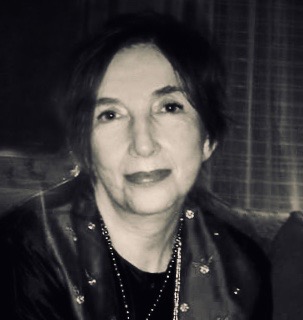 W
WNorma Bessouet was an Argentine painter and sculptor. Bessouet's work focused primarily around portraits, domesticity and the female nude. Her paintings were abstract in their style and she also created equally as abstract wooden dolls.
 W
WAlejandro Bustillo was an Argentine painter and architect who left his mark in various tourist destinations in Argentina, especially in the Andean region of the Patagonia.
 W
WErnesto de la Cárcova y Arrotea was an Argentine painter of the Realist school.
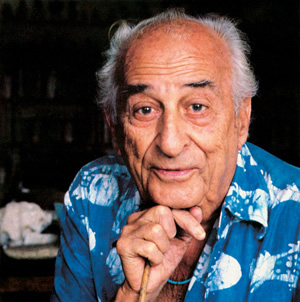 W
WHéctor Julio Páride Bernabó or Carybé was an Argentine-Brazilian painter, engraver, draughtsman, illustrator, potter, sculptor, mural painter, researcher, historian and journalist. He settled in Brazil and naturalized as a Brazilian.
 W
WJuan Carlos Castagnino was an Argentine painter, architect, muralist and sketch artist.
 W
WCelis Pérez was an Argentine artist usually referred to as Pérez Celis. He earned international recognition for his paintings, sculptures, murals and engravings.
 W
WAlejandro Christophersen (1866–1946) was an Argentine architect and artist of Norwegian descent who designed many important buildings in the city of Buenos Aires, including the renowned Anchorena Palace.
 W
WGustavo Cochet was a painter, engraver, and writer who worked in Barcelona and Rosario.
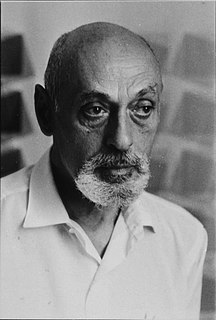 W
WManuel Espinosa was an Argentinian painter.
 W
WLeonor Fini was an Argentinian surrealist painter, designer, illustrator, and author, known for her depictions of powerful and erotic women.
 W
WLucio Fontana was an Argentine-Italian painter, sculptor and theorist. He is mostly known as the founder of Spatialism.
 W
WRaquel Forner (1902-1988) was an Argentine painter known for her expressionist works.
 W
WRamón Gómez Cornet was an Argentine painter. He was one of the forerunners of the modern Argentine painting.
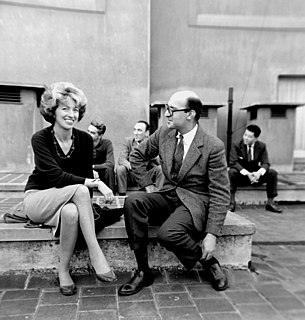 W
WSarah Grilo was an Argentine painter who is best known for her abstract gestural paintings. Married to the artist José Antonio Fernández-Muro, she lived in Buenos Aires, Paris, New York and Madrid.
 W
WAlfredo Guttero was an Argentine Modernist painter and art promoter.
 W
WRichard Hall was a Finnish-born painter who made his career in France, United States and Argentina. Hall is best known of his portraits, but also painted other genres such as still life paintings, in particular, flower motifs, intimate and homely sceneries, and landscape.
 W
WMartín Malharro (1865–1911) was an Argentine painter that introduced Impressionism in the country in the early 20th century.
 W
WAtilio Malinverno was an Argentine painter. He was a post-Impressionist, a part of a movement started in the first year of the 20th century.
 W
WRebeca Mendoza is an Argentine plastic artist.
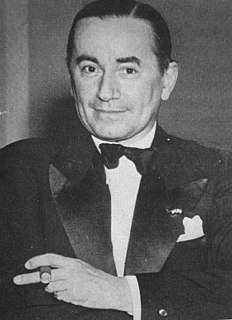 W
WFlorencio Molina Campos was an Argentine illustrator and a painter known by his typical traditional scenes of the Pampa. His work represents gauchesco scenes with a bit of humor.
 W
WDelfina Manuela Molina y Vedia de Bastianini was an Argentine chemist, writer, teacher, painter, and singer. She was the first woman to graduate from the Faculty of Exact and Natural Sciences at the University of Buenos Aires (UBA).
 W
WBenjamín Solari Parravicini was an Argentine visual artist, known for his accurate psychic abilities to forecast future events such as the first dog in orbit, the advent of television, artificial insemination, the twin towers incident, the Suez Canal crisis, the rise of Fidel Castro, and many other predictions which have become true events.
 W
WAldo Mario Pellegrini, was an Argentine poet, essayist and art critic.
 W
WAdolfo Pérez Esquivel is an Argentine activist, community organizer, painter, writer and sculptor. He was the recipient of the 1980 Nobel Peace Prize for his opposition to Argentina's last civil-military dictatorship (1976–1983), during which he was detained, tortured, and held without trial for 14 months; during that period he also received, among other distinctions, the Pope John XXIII Peace Memorial.
 W
WEmilio Pettoruti (1892–1971) was an Argentine painter, who caused a scandal with his avant-garde cubist exhibition in 1924 in Buenos Aires. At the beginning of the twentieth century, Buenos Aires was a city full of artistic development. Pettoruti's career was thriving during the 1920s when "Argentina witnessed a decade of dynamic artistic activity; it was an era of euphoria, a time when the definition of modernity was developed." While Pettoruti was influenced by Cubism, Futurism, Constructivism, and Abstraction, he did not claim to paint in any of those styles in particular. Exhibiting all over Europe and Argentina, Emilio Pettoruti is remembered as one of the most influential artists in Argentina in the 20th century for his unique style and vision.
 W
WEolo Pons (1914–2009) was an Argentine painter.
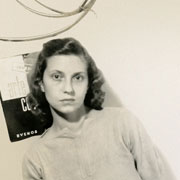 W
WLidia "Lidy" Elena Prati (1921–2008) was an Argentine painter who was known for her abstract, geometric paintings. During the 1940s, Prati was one of the founding members of the Asociación Arte Concreto-Invención (AACI) art movement along with Enio Iommi and Tomás Maldonado.
 W
WLeopoldo Presas was an Argentine artist. He experienced different styles throughout his life. He had academic training and started as a figurative painter though he later turned into expressionism as well. He tried several mediums as oil, tempera, charcoal and pencil on different supports including canvas, paper, paperboard and newspaper. The themes of his works have been very extensive. The female figure was his main attraction, but he also did still lifes, landscapes, harbors, erotic paintings and some expressionist and controversial series as “The Pigs”, “The Kings of Putrefaction” and “The Christs”.
 W
WEduardo Schiaffino (1858-1935) was an Argentine painter, critic, intellectual and historian. A member of a group known as the Generation of '80, he founded the National Museum of Fine Arts in Buenos Aires and sparked the development of painting in his country.
 W
WEduardo Sívori was an Argentine artist widely regarded as his country's first realist painter.
 W
WRaúl Soldi was an Argentine painter whose work treated various subjects, including landscapes, portraits, the theater and the circus, and nature. His theatrical figures are renowned for their melancholy appearance. He also illustrated poetry books.
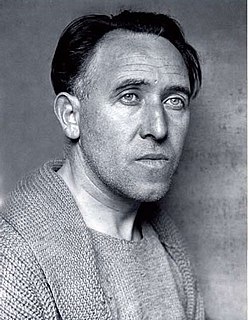 W
WLino Enea Spilimbergo was an Argentine artist and engraver, and he is considered to be one of the country's most important painters.
 W
WSebastian Spreng is an Argentine-American visual artist and music journalist.
 W
WRicardo Argentino Supisiche was an Argentine painter and engraver.
 W
WMirta Toledo is an Argentine artist, that promotes diversity through her artwork.
 W
WMeli Valdés Sozzani is an Argentine artist.
 W
WJorge de la Vega was an Argentine painter, graphic artist, draftsman, singer, and songwriter.
 W
WAndrés Waissman is a visual artist born in Buenos Aires, Argentina, in 1955. A relevant figure of Argentinian and Latin-American contemporary art, he is known for paintings such as Multitudes, Black & White, and his most recent work, Virutas. He lives and works in Buenos Aires.